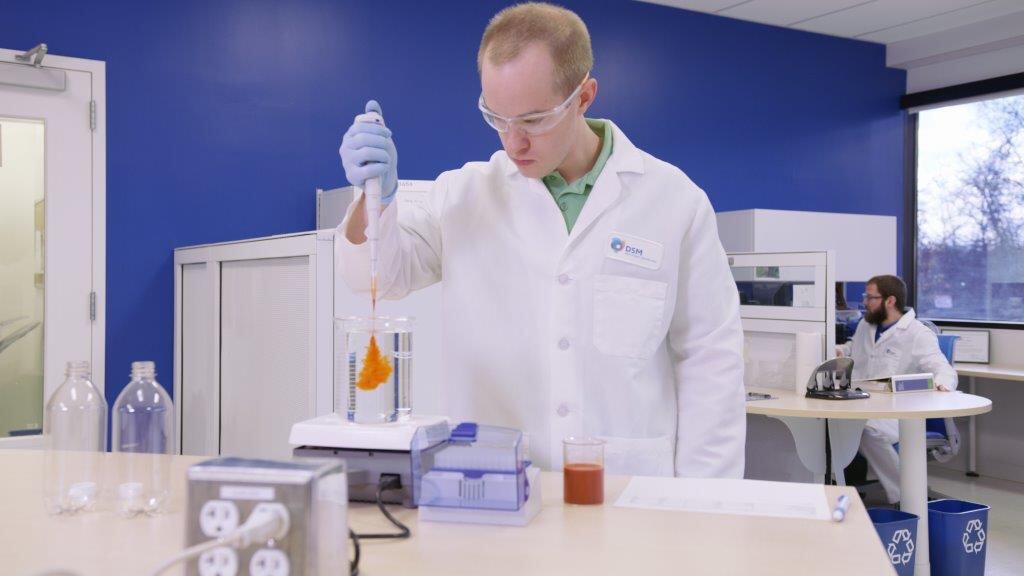Global ingredients player DSM recently announced a strategy update that incorporates a strong push into the personalised nutrition space - both organically and through mergers and acquisitions, the latter of which it has already kickstarted.
In May, the firm partnered with Japan-based digital specialist DeNA Life Sciences that has developed a genetic testing service called MYCODE and this month, DSM acquired 50% of consumer-facing startup Mixfit that has developed a system to analyse unique nutrition needs and create and dispense drinks with customised vitamin and mineral blends.

Speaking to NutraIngredients about DSM's forage deeper into personalised nutrition, the company's president of human nutrition and health Jeremy Xu said M&A will continue to play an important role.
“One company can't have it all or needs to have it all - it's all about collaboration; about sharing the information. And because it's an emerging industry, nobody owns it, there's no incumbent so to speak,” Xu said.
“It's all about growing the market, not about growing the market share. It's not one company's gain at the expense of another company's loss. It's an emerging area and we need every company chipping in to grow the market.”
'No single company has all these capabilities in one place'
Xu said the demand for personalised nutrition has been around for a couple of decades but the technology is only just now catching up.
“Digitalisation, the diagnostic tools like all the wearables, big data - all of the emerging technology makes a total solution possible. Now, we still have a lot of work to do as an industry; it's a whole ecosystem we need to build but the demand and solution sides have finally come together.”
Personalised nutrition by definition pivots on several key components, he said, including diagnostics and delivery but also channel – where the consumer purchases the final product – and data management.

“No single company has all these capabilities in one place,” he said. “Nobody has everything but it's a very active field. ...Our model is to work with the startups; the newcomers as broadly as possible to learn from each other.”
Xu said the overall power of 'mega brands' in the nutrition and health space is diminishing as internationalisation makes it easier, faster and cheaper to access consumers, empowering and enabling startups and smaller firms. “The big companies need to figure out a way to respond.”
He said for DSM, a science-based ingredients company, it has a big role to play in helping these smaller firms and startups fill in the gaps they don't have, like product development and delivery.
At the same, he said it will be important to “stay flexible” given how quickly personalised nutrition is evolving.
“Personalised nutrition is primarily B2C but a special form of B2C. We're exploring all the business models. My vision is: understand the needs first, then how to play comes second.
“...Nothing is carved in stone; we just keep on learning. I'm the first to say we would like to share all our learnings with other industry players. It's about building the whole community.”
